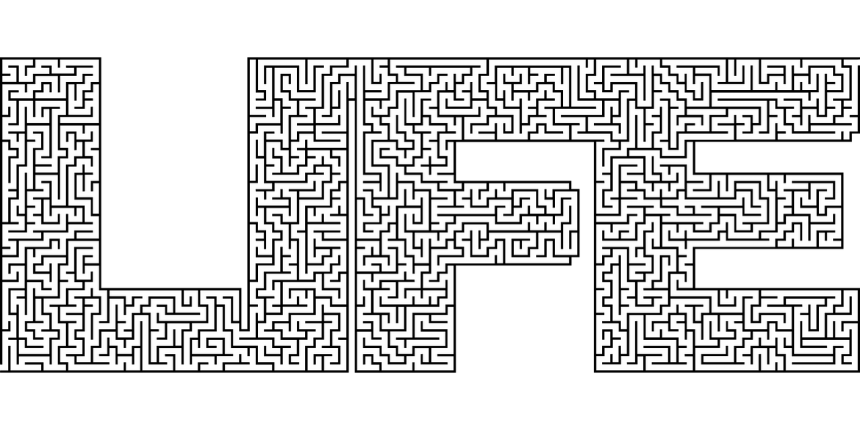And it was on the third day while they (the People of Shechem) were in pain that two of Yaakov’s sons — Shimon and Levi — Dina’s brothers, each took his sword and came upon the city with confidence, and killed every male (34:25)
Why did the verse not simply say “Shimon and Levi took their swords…”[1] without mentioning that their father was Yaakov? Are we not already familiar with the family to know that Shimon and Levi were the sons of Yaakov?
Rashi tells us that the Torah’s stress that they were the “sons of Yaakov” and not simply “Shimon and Levi” comes to reproach them for acting like any other ‘Shimon and Levi’ in the street. They were the ‘sons of Yaakov’ and should have consulted with their great father before making such a drastic decision.[2]
This provides an insight into the great importance of seeking advice from one who is greater and wiser than us, especially from the gedolei Yisroel.[3] The reason for doing this is explained in a parable of someone who is trapped in a garden maze by the Mesillas Yesharim. At every turn he is hoping to find the correct path, but in truth, it is all based on guess work. So how can someone in a maze escape with ease? He should listen to the advice of someone who is standing above the maze and can see where all the paths lead. This perfectly describes the gedolei Yisroel — those who have a higher vantage point of our everyday surroundings. They can see where people are heading, and even if it seems to the one in the maze that they are going in the correct direction, someone with a higher view can always tell if they are ultimately heading for a wrong turn.[4]
One such gadol b’Yisroel who demonstrated his higher vision was the Tshebiner Rav when he was approached to sign a declaration to limit the size of the apartments that one was permitted to purchase for a newly married couple in Eretz Yisroel. This enactment was suggested by activists who saw that the pressure to provide a large apartment in order to get a “good shidduch” for their children was becoming an impossible burden for families. By making this resolve, they thought, the bar would be dropped, thus alleviating a lot of stress and financial burden from a large percentage of the community. Therefore, they were shocked when the Tshebiner Rav adamantly refused to sign. Sensing their confusion, the Tshebiner Rav told them that most of the general public will not obey this rule and will continue to buy bigger homes for their children. And only when money is collected to marry off an orphan they will quote and abide by this ruling. Therefore, I refuse to sign a declaration whereby only an orphan will receive no more than a two-room apartment!
We see from here the tremendous vision of our Torah leaders. To us, stuck in the maze of life, it is not always apparent that we are being led in the right direction. But if we appreciate that there are great people who have lifted themselves to a higher viewpoint, we should be confident that the advice and instruction from our Sages will eventually lead us to our intended destination.
[1] The question is also asked why Shimon and Levi are referred to as the brothers of Dina considering the Torah has already provided this information. This will, b’ezras Hashem, be the subject of a future short vort. In the meantime, see Rashi.
[2] Also see the Gur Aryeh and the Mizrachi.
[3] When Hashem said, “Let us make man,” Rashi explains that He was consulting with the angels in order to teach us that even someone great should consult those less than him (Bereishis 1:26) How much more so should someone consult with those greater than them?
[4] Mesillas Yesharim, ch 3.







